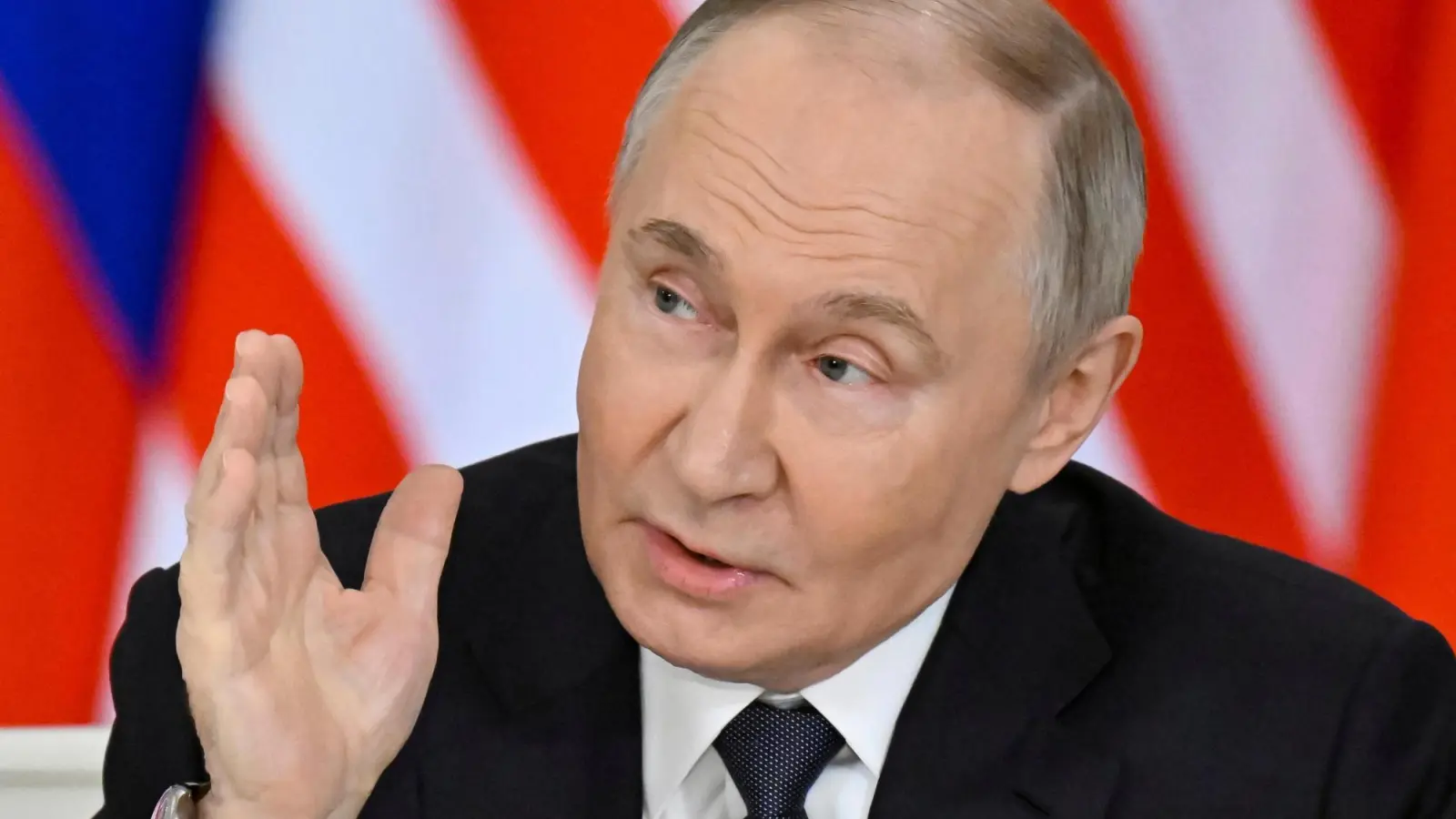Former President Donald Trump’s recent public criticism of Russian President Vladimir Putin has stirred a reaction from Moscow that underscores the heightened tensions between the two countries. Russia’s official response describes the current atmosphere as one of “emotional overload,” signaling that the diplomatic relationship is under stress.
Trump’s Criticism and Its Impact
Trump has not shied away from making pointed remarks about Putin, especially during key political moments. His latest criticism focused on Putin’s policies and actions on the international stage, which many see as a departure from Trump’s usual approach of maintaining a somewhat conciliatory tone towards Russia. This shift in rhetoric has caught the Kremlin’s attention.
The criticism highlights deeper geopolitical fault lines. Russia, still reeling from sanctions and strained relations with the West, views such public denouncements as provocations that exacerbate an already fragile situation. Trump’s comments are not just political barbs but signals of potential shifts in US foreign policy.
Russia’s Official Reaction: ‘Emotional Overload’
In response, Russian officials described the current situation as marked by “emotional overload.” This phrase is telling. It reflects the Kremlin’s perception that emotions are running high, possibly clouding rational diplomacy. The wording suggests a defensive posture, emphasizing that Russia feels under pressure from a barrage of criticism.
This kind of response is strategic. It aims to frame the narrative as Russia being unfairly targeted and emotionally burdened by what it sees as excessive political attacks. The Kremlin wants to signal that the relationship with the US is strained not just because of policies but also because of the charged atmosphere surrounding the leaders.
What This Means for US-Russia Relations
The interplay between Trump’s rhetoric and Russia’s reaction adds complexity to an already delicate diplomatic dance. With “emotional overload” as the Kremlin’s shorthand for the situation, it’s clear that tensions remain high and dialogue is fraught with suspicion.
For observers and policymakers, this means that progress on critical issues—from arms control to cybersecurity—faces significant hurdles. Mutual distrust, fueled by sharp criticism and defensive responses, will likely slow any attempts at easing tensions.
The Bigger Picture
This episode fits into a broader pattern of fluctuating relations between the US and Russia. While Trump’s previous presidency was marked by a mix of tough sanctions and attempts at rapprochement, his criticism now signals a possible tougher stance. Russia’s emotionally charged response serves as a reminder that the stakes are high and that diplomacy must navigate not only policies but also the personalities and emotions involved.
In conclusion, the phrase “emotional overload” sums up the current state of US-Russia relations amid Trump’s criticism of Putin. It’s a signal from Moscow that the situation is tense, sensitive, and far from stable. For anyone following international politics, this moment underscores the fragile balance between rhetoric and diplomacy on the global stage.



